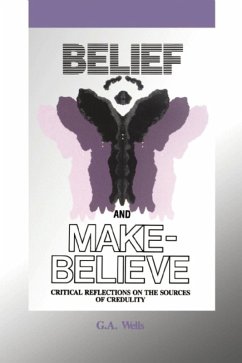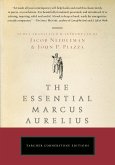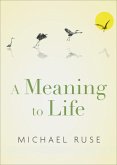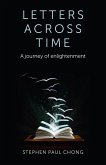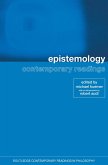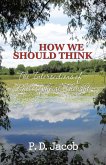Why do so many people - sometimes even intelligent people - swallow the preposterous claims of religion? G.A. Wells, the leading freethinker of our time, tries to shed light on this puzzle in his entertaining and enormously learned book, Belief and Make-Believe.
Professor Wells begins by analyzing the nature of belief. To dispel popular confusions on the relation between words and thoughts, he compares the thinking process of scientists, laymen, and chimpanzees.
The power of emotion and instinct to help form people's ideological outlooks is analyzed by preference to "defiance" and "reliance", polar attitudes which arise from the need for dominance and submission in primate groups. Wells shows the influence of defiance and reliance in patriotism and in monotheistic religions, where submission to the will of the omnipotent is a wonderful technique for feeling secure in the face of life's actual and ineradicable dangers.
Since the knowledgeable Christians now accept that the Bible is uneven, unreliable, and sometimes morally abhorrent, and that the New Testament account of the origin of Christianity is mostly legend, various attempts have been made to save something from the debris by selective re-interpretation. Wells evaluates several typical examples, showing how the apologists shrink from the clear implications of their arguments, which would demolish the whole edifice of Christian doctrine.
Finally, Professor Wells debunks some of the extravagant and mystical claims that have been made for the arts, notably poetry, as quasi-religious vehicles for gaining insights into the human condition.
Professor Wells begins by analyzing the nature of belief. To dispel popular confusions on the relation between words and thoughts, he compares the thinking process of scientists, laymen, and chimpanzees.
The power of emotion and instinct to help form people's ideological outlooks is analyzed by preference to "defiance" and "reliance", polar attitudes which arise from the need for dominance and submission in primate groups. Wells shows the influence of defiance and reliance in patriotism and in monotheistic religions, where submission to the will of the omnipotent is a wonderful technique for feeling secure in the face of life's actual and ineradicable dangers.
Since the knowledgeable Christians now accept that the Bible is uneven, unreliable, and sometimes morally abhorrent, and that the New Testament account of the origin of Christianity is mostly legend, various attempts have been made to save something from the debris by selective re-interpretation. Wells evaluates several typical examples, showing how the apologists shrink from the clear implications of their arguments, which would demolish the whole edifice of Christian doctrine.
Finally, Professor Wells debunks some of the extravagant and mystical claims that have been made for the arts, notably poetry, as quasi-religious vehicles for gaining insights into the human condition.
Dieser Download kann aus rechtlichen Gründen nur mit Rechnungsadresse in A, D ausgeliefert werden.

